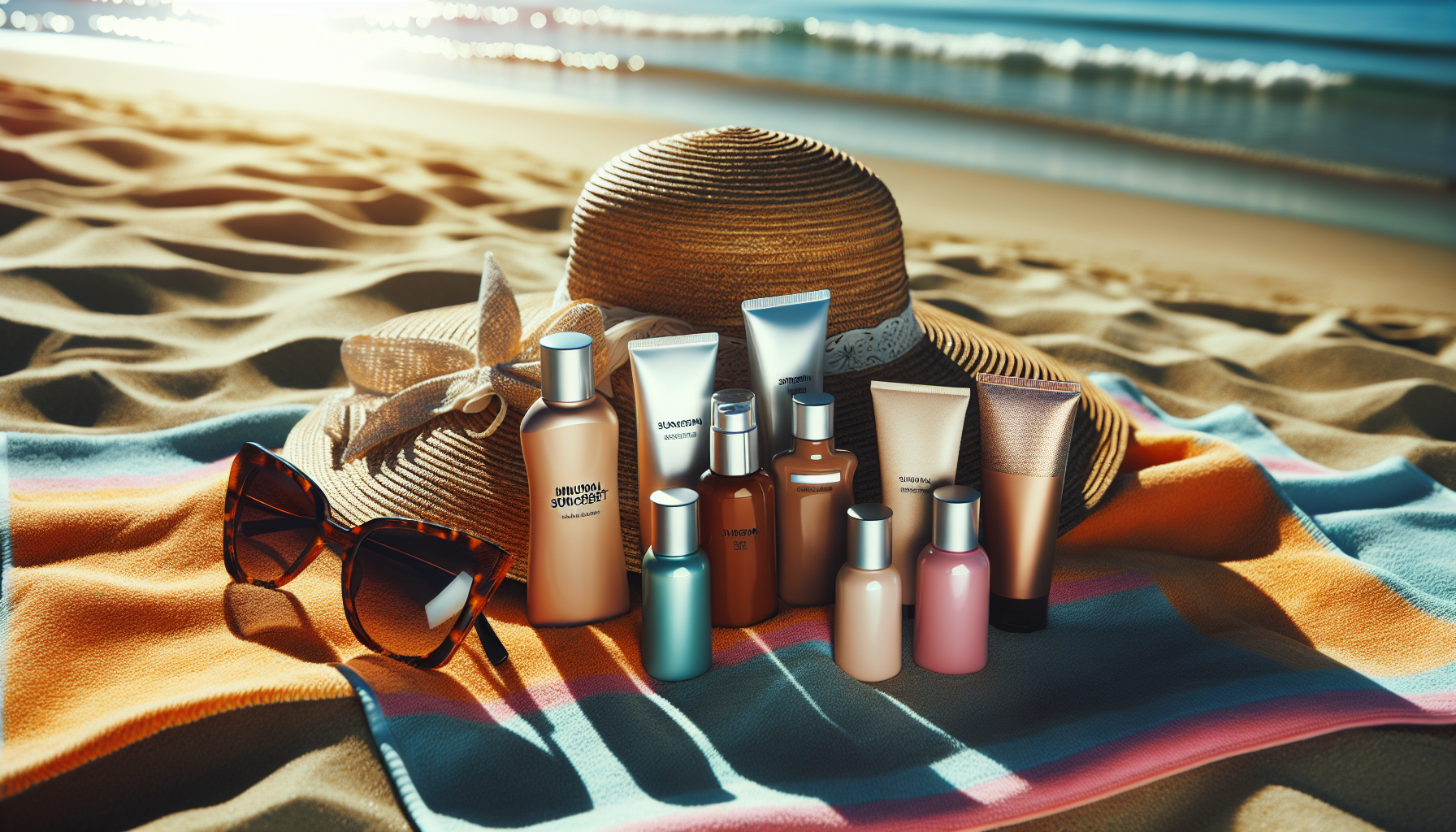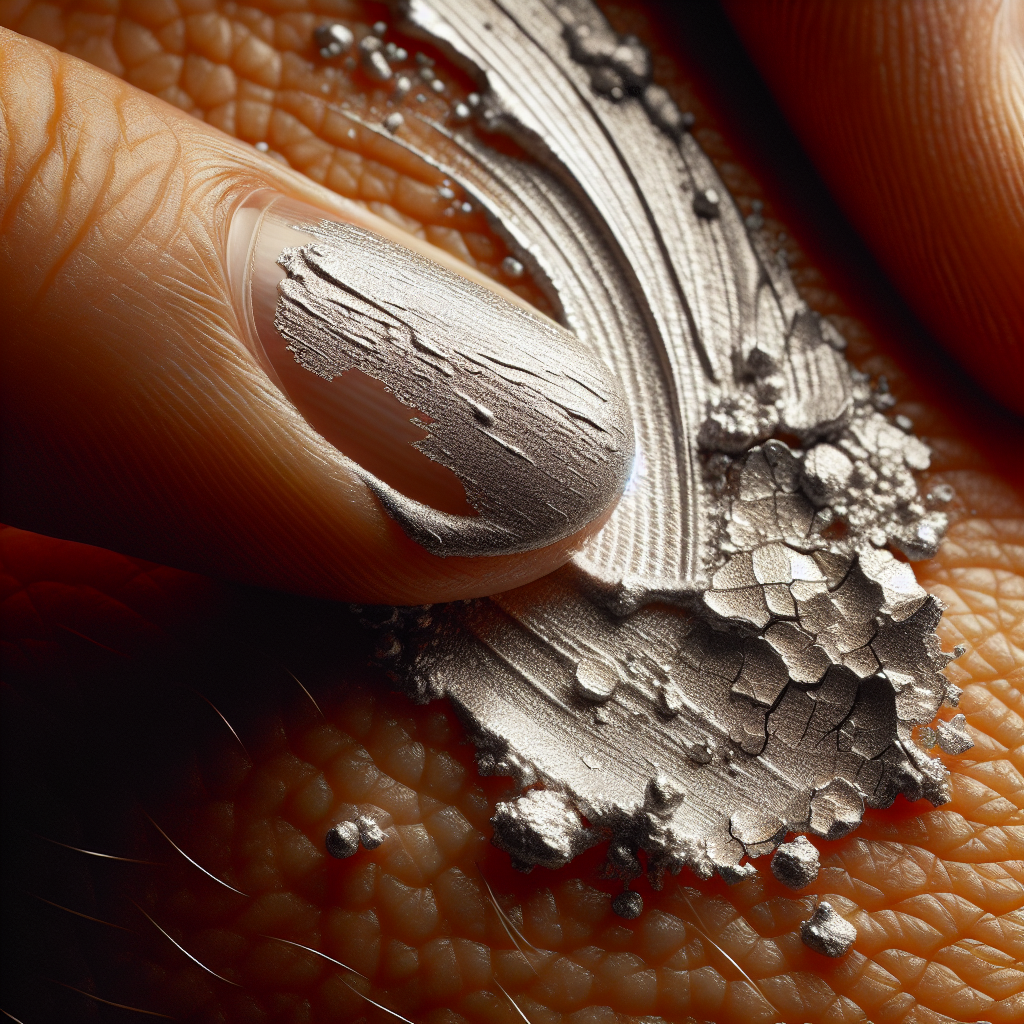As we become more aware of the risks associated with sun exposure, the importance of sunscreen in our daily lives is becoming increasingly apparent. Among the variety of sunscreen types, mineral sunscreens have gained significant attention for their efficacy and safety. In this article, we will delve into the crucial role that mineral sunscreen plays in skin protection, explore its benefits, and how to choose and use it effectively.
Understanding Mineral Sunscreen
Mineral sunscreen, also known as physical sunscreen, contains active mineral ingredients, typically zinc oxide or titanium dioxide. These ingredients work by sitting on top of the skin to physically block and scatter harmful ultraviolet (UV) rays before they penetrate the skin. Unlike chemical sunscreens, which absorb UV rays and then release them as heat, mineral sunscreens provide a shield that reflects sunlight away from the skin.
Why Choose Mineral Sunscreen?
The decision to choose mineral sunscreen over chemical options is multifaceted. Mineral sunscreens are known for being particularly suitable for sensitive skin types, as they are less likely to cause skin irritation or allergic reactions. Additionally, they are effective immediately upon application—unlike chemical sunscreens, which may take up to 30 minutes to start working.
Safety and Environmental Impact
One of the most compelling reasons for using mineral sunscreens is their safety profile. Zinc oxide and titanium dioxide are generally recognized as safe and effective by the FDA. Moreover, these ingredients are reef-safe, meaning they are not known to harm marine ecosystems, which is a growing concern with some chemical UV filters.
Broad-Spectrum Protection
Mineral sunscreens offer broad-spectrum protection, guarding the skin against both UVA and UVB rays. UVA rays contribute to skin aging and wrinkles, while UVB rays are responsible for causing sunburn. Both types of UV radiation play a significant role in the development of skin cancer. For comprehensive skin health, it is essential to block both forms of UV light, and mineral sunscreens accomplish this effectively.
For more information on skin health and how to take care of it, visit Avix Health’s Skin Health section.
How to Choose the Right Mineral Sunscreen
When selecting a mineral sunscreen, it’s crucial to look for a product that offers broad-spectrum protection with an SPF of 30 or higher. Additionally, the sunscreen should be water-resistant if you plan to swim or sweat. It’s also recommended to choose a product that has undergone third-party testing to verify its SPF claims.
Considerations for Different Skin Types
Different skin types may react differently to various formulations. For instance, individuals with oily skin might prefer a lightweight, non-comedogenic mineral sunscreen that doesn’t clog pores, whereas those with dry skin may benefit from a sunscreen with added moisturizers.
Application Tips for Maximum Protection
To ensure that you receive the full benefits of mineral sunscreen, it’s important to apply it correctly:
- Use a generous amount of sunscreen to all exposed skin. Most adults need about one ounce to fully cover their body.
- Apply sunscreen to dry skin 15 minutes before going outdoors.
- Reapply sunscreen every two hours, or immediately after swimming or sweating, even if the product is water-resistant.
For specific tips on sunscreen application and maintaining skin hydration, consider reading "Summer Skin Hydration Techniques for Maximum Radiance" and "The Importance of Skin Hydration for Acne Prevention".
The Role of Mineral Sunscreen in Preventing Skin Damage
Prolonged UV exposure can lead to various forms of skin damage, from premature aging to an increased risk of skin cancer. By reflecting harmful rays, mineral sunscreens help prevent sunburn, reduce the risk of skin cancer, and protect against photoaging, which includes wrinkles, leathery skin, and sunspots.
Combating Photoaging
Photoaging is the process by which the skin ages prematurely due to repeated exposure to UV radiation. Signs of photoaging include fine lines, hyperpigmentation, and loss of skin elasticity. Mineral sunscreen can play a pivotal role in protecting the skin from these effects. To further explore this topic, the article "How to Prevent and Treat Skin Photoaging" offers additional insight.
External Resources for In-Depth Information
When seeking more detailed information on mineral sunscreens and skin health, the following resources offer valuable insights:
- The Skin Cancer Foundation provides a comprehensive guide on sunscreen and skin cancer prevention.
- The Environmental Working Group (EWG) offers a critical perspective on sunscreen chemicals and their impact on health and the environment.
- Dermatology research journals often publish studies on the efficacy of mineral vs. chemical sunscreens.
Conclusion
Incorporating mineral sunscreen into your daily routine is a simple yet effective way to protect your skin from the harmful effects of the sun. With immediate broad-spectrum protection, suitability for sensitive skin, and a better environmental profile, mineral sunscreen stands out as a wise choice for conscientious consumers. Remember to apply it correctly, choose a formula appropriate for your skin type, and combine it with other sun protection measures for optimal skin health. By taking these steps, you help ensure your skin remains healthy and vibrant for years to come.



